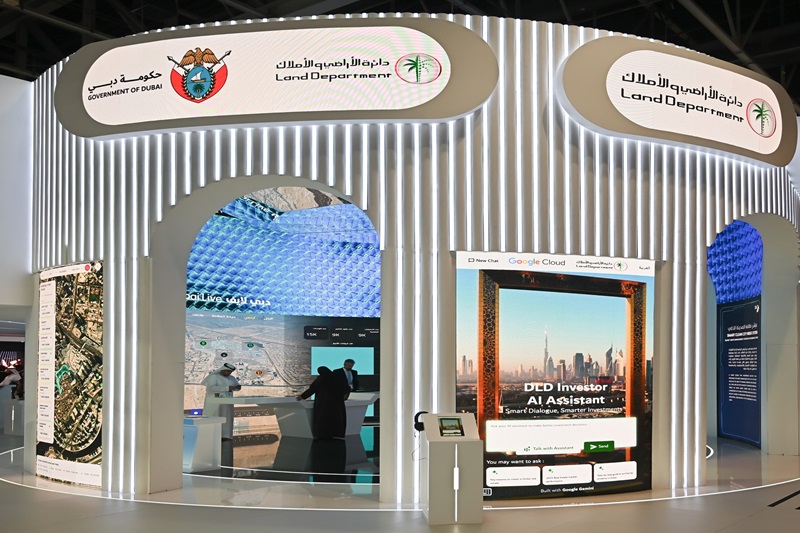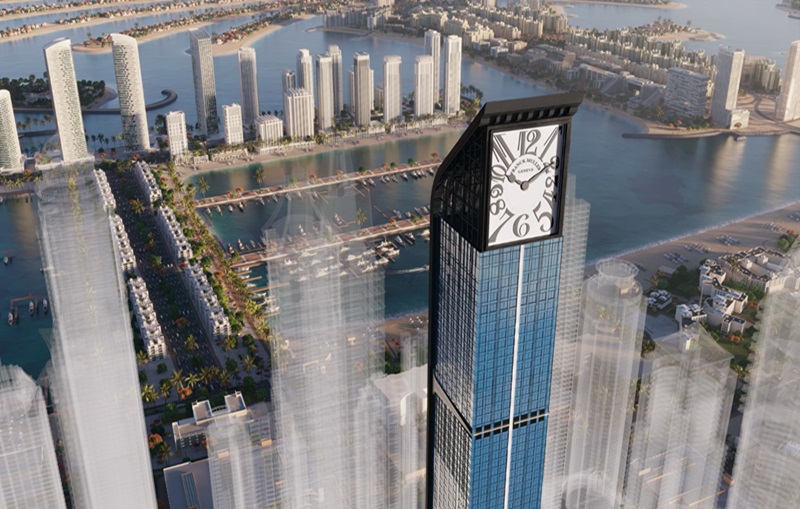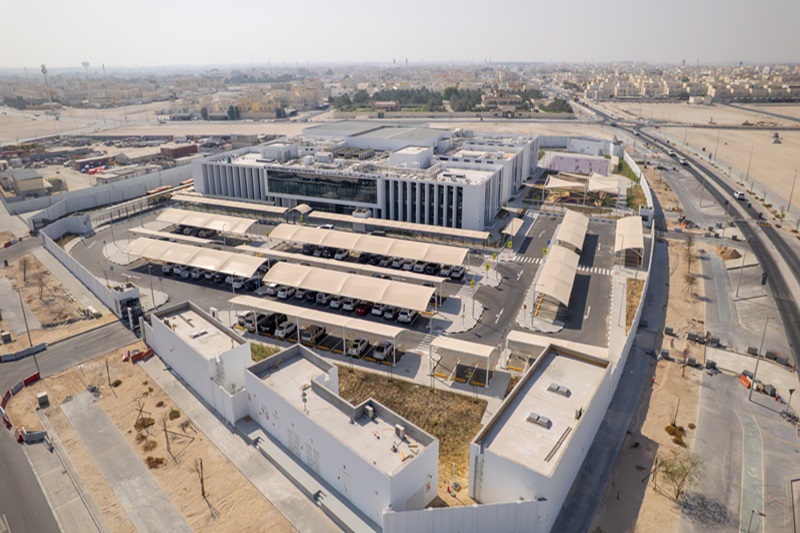
As cities across the Middle East continue to lead the charge in smart urban development, the role of data and technology in the built environment has never been more critical.
Built Environment ME's Editor Marisha Singh sat down with James Massey, Managing Director at MRI Software, to unpack how buildings today can truly become intelligent — and how organisations can unlock real value from the flood of data that smart systems generate.
Modern buildings are now equipped with thousands of IoT sensors tracking everything from energy use and air quality to occupancy patterns. But as Massey points out, data on its own is not enough.
“IoT generates huge volumes of information, but the challenge is knowing how to filter, validate, and act on that data to make buildings run better — more efficiently and sustainably,” he explained.
From Data Overload to Dynamic Operations
Using MRI Software’s solutions, facility managers can interpret sensor data to make smarter operational decisions. For example, energy sensors can help teams identify underused spaces that can be closed to save energy costs. Predictive analytics can spot early signs of failing HVAC units or refrigeration systems — potentially preventing costly breakdowns, safety hazards, or energy waste.
Massey shared that MRI’s own London office acts as a live test bed, packed with energy meters, occupancy trackers, and air quality monitors. The software helps teams respond dynamically — whether that means adjusting energy use, redistributing space, or anticipating maintenance needs.
Why Data Strategy Comes First — and AI Comes Later
While AI is often touted as the ultimate disruptor, Massey cautions that AI alone is not a silver bullet.
“The reality is AI only knows what it knows — and what it knows depends entirely on the quality of your data,” he said.
For organisations aiming to harness AI, he stressed the importance of starting with robust data governance: validating entry points, securing data streams, and ensuring accuracy.
Introducing MRI Agora: An Open Hub for Smart Data
At the core of MRI Software’s vision is Agora — named after the ancient Greek word for a marketplace or meeting place. The Agora platform is designed as an interoperable, cloud-based data hub that breaks down silos between different systems and datasets. It connects various MRI solutions under one architecture, ensuring that everyone — from CEOs to on-site teams — can easily access the information they need.
Features like natural language queries and multi-language support make the system more accessible, while built-in AI tools surface critical insights.
“People shouldn’t have to sift through spreadsheets anymore. The right data, in the right context, should reach the right people when they need it,” Massey added.
Looking Ahead: Always-On Service, Always-Secure Systems
Asked about the future, Massey predicts the demand for round-the-clock, on-demand digital services will only intensify — especially in fast-paced hubs like Dubai.
“Whether it’s booking a service at 3 AM or ensuring systems run securely 24/7, the expectations for real-time responsiveness and robust security are higher than ever,” he said.
Key Takeaway
For smart cities and buildings to live up to their promise, the roadmap is clear: strong leadership, secure and validated data streams, clear communication with teams — and only then, AI.
“Good data underpins good AI — and both must start with a clear strategy from the top,” Massey concluded.
Stay tuned for more episodes of The Hub by Built Environment ME, where industry leaders share how they’re shaping the future of the built world.
Smart Buildings MRI Software IoT in Real Estate AI in Facilities Management






.jpg)
.jpg)






